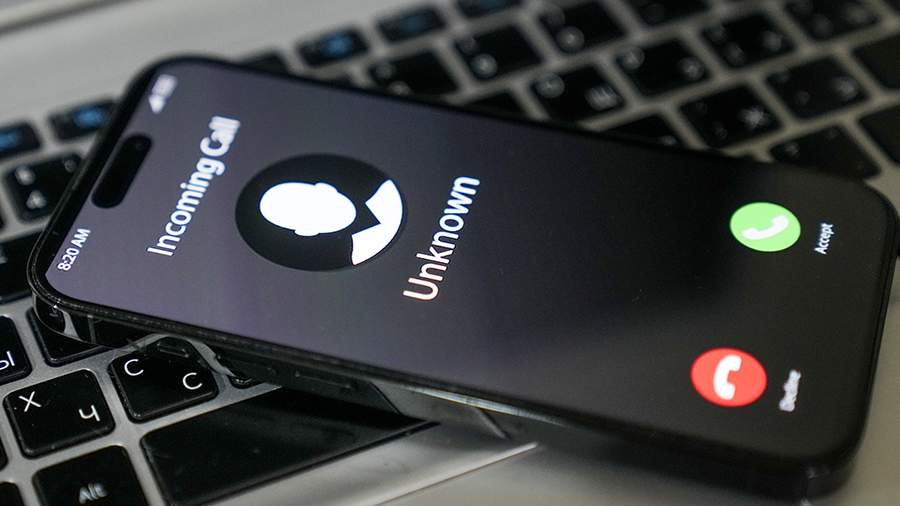Russia has increased its protection measures against phone fraud. What you need to know
- Новости
- Society
- Russia has increased its protection measures against phone fraud. What you need to know
The State Duma immediately adopted in the second and third readings a bill on countering telephone fraud. Now the initiative must be approved by the Federation Council, and then it will be submitted to the president for signature. It will enter into force on June 1, with the exception of certain provisions. Izvestia investigated what innovations are needed for.
How will they protect
• The government submitted to the State Duma a bill aimed at protecting people from cyberbullying on February 15. It was considered very promptly. And on March 25, the State Duma has already adopted the initiative in the third reading. It was supported by the deputies unanimously.
• The document assumes a set of about 30 measures to prevent the actions of fraudsters. Among them:
- A state information system is being created in which information about cybercriminals and their crimes will be stored. The Prosecutor General's Office, the Central Bank, the Investigative Committee, banks and other organizations will be able to use it.
- online information exchange between government agencies, banks and telecom operators;
- checking for signs of disbursement of funds without voluntary consent when withdrawing money through an ATM: if such signs are detected, the bank must limit cash disbursements to no more than 50 thousand rubles per day for 48 hours and immediately notify the client of the reasons.;
- the possibility to grant a relative or close person the status of an authorized person, to whom the bank can apply for confirmation of the transfer of funds;
- mandatory labeling of calls — on the phone screen, the telecom operator will display the name of the organization from where they are calling, which will help identify fraudsters.;
- a ban on informing citizens through foreign messengers for employees of government agencies, banks, telecom operators, marketplaces, as well as job search and ad placement services;
- restriction of mass calls and spam calls: they will be carried out only if the subscriber's prior consent is obtained, and if a refusal is sent to the telecom operator, they will be terminated.;
- providing an opportunity to establish a self-ban on concluding contracts for the provision of communication services through Public Services or the MFC;
- prohibition on transferring the right to use a phone number to third parties, with the exception of close relatives.
• The entire list of legislative amendments is available on the website of the legislative support system. It is expected that the new measures will protect citizens from the actions of fraudsters, and will also contribute to the safety of their funds.
• After the adoption by the State Duma, the bill must be approved by the Federation Council, and then it will be submitted to the president for signature. Most of its provisions will come into force on June 1.
How urgent is the problem?
• Russia already has mechanisms aimed at protecting personal data. However, according to Roskomnadzor, in 2024 alone, more than 710 million records about Russians leaked onto the Internet. Thus, the problem is still extremely relevant.
• According to the Ministry of Internal Affairs, in 2023, the number of crimes related to the use of information and communication technologies increased by 30%, to almost 677 thousand, and in the first nine months of 2024 - by 16%, to more than 564 thousand. One fifth of such crimes is theft from a bank account.
• At the same time, in a large number of such criminal cases, the investigation is suspended due to the inability to identify the accused. In 2023, this happened with 71% of such cases. Fraudsters' SIM cards are usually issued to individuals who are not related to the case, and bank accounts where money is transferred are opened to citizens who lead a marginal lifestyle.
• According to Yandex, out of 1.5 billion calls from unknown numbers to smartphones with the caller ID application, 800 million were unwanted, and 55 million of them were blocked automatically. Most of these unwanted and fraudulent calls were made to banking services and fraudsters posing as bank employees, and their number increased by a quarter over the year.
Переведено сервисом «Яндекс Переводчик»



